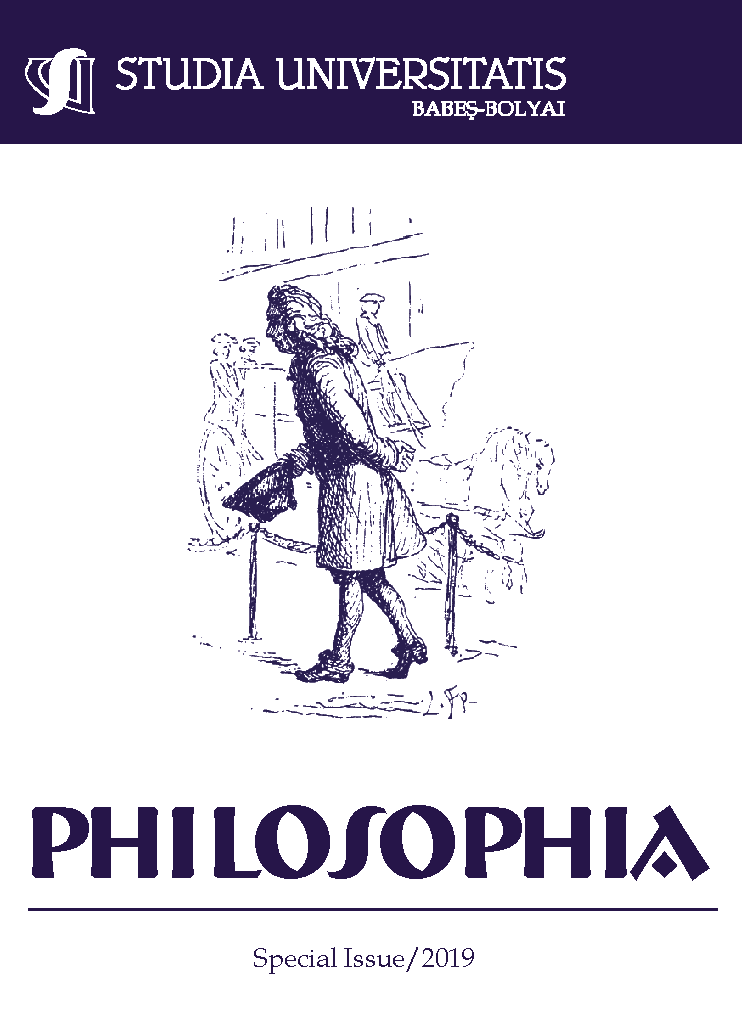SELF-REFERENCE AND THE LIMITS OF THOUGHT
DOI:
https://doi.org/10.24193/subbphil.2019.spiss.08Keywords:
self-reference, paradox, incompleteness theorems, Gödel, GrellingAbstract
Self-reference and the Limits of Thought. This paper explores the connection between the natural language and a formal language from a particular point of view: self-referential constructions. Such constructions lead to some kind of limits of thought, either in the form of paradoxical constructions (Liar-type or Grelling-type), or in the form of the so called limitative theorems in mathematical logic (e.g. Gödel’s theorem). By deriving Gödel’s significant results from paradoxical constructions the limitative character of such self-referential constructions is preserved, but they open the ways for a new representation of a great variety of arguments in the field of logic, mathematics and philosophy.
References
Boolos, G., The Logic of Provability, Cambridge UP, 1993.
Boolos, G., Burgess, J. P., Jeffrey, R. C., Computability and Logic, Fourth Ed., Cambridge UP, 2002.
Gödel, K., “Über formal unentscheidbare Sätze der Principia Mathematica und verwandter Systeme”, Monatshefte für Mathematik und Physik, 38, 1931, 173‒198; a germ.-engl. edition, comp. K. Gödel, Collected Works, Vol. I, Oxford University Press, 1986, 144‒195.
Kleene, S. C., Introduction to Metamathematics, North-Holland Publishing Co., Amsterdam, 1964.
Mendelson, E., Introduction to Mathematical Logic, Princeton, 1964.
Drăghici, V., “The reflexivity of a language”. Cultural and Linguistic Communication, Vol. 8, Issue 3, 2018, 218‒223.
Downloads
Published
How to Cite
Issue
Section
License
Copyright (c) 2019 Studia Universitatis Babeș-Bolyai Philosophia

This work is licensed under a Creative Commons Attribution-NonCommercial-NoDerivatives 4.0 International License.





